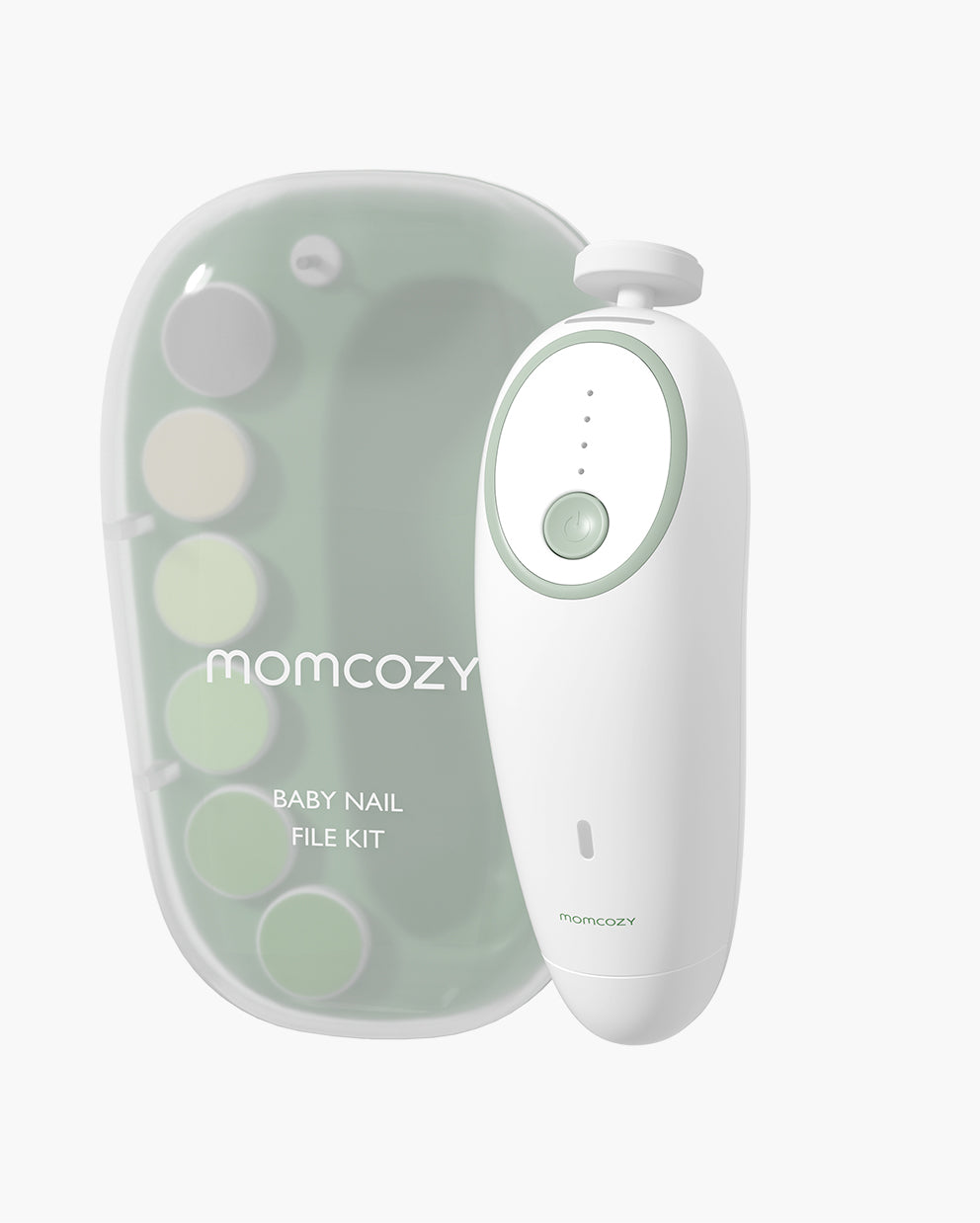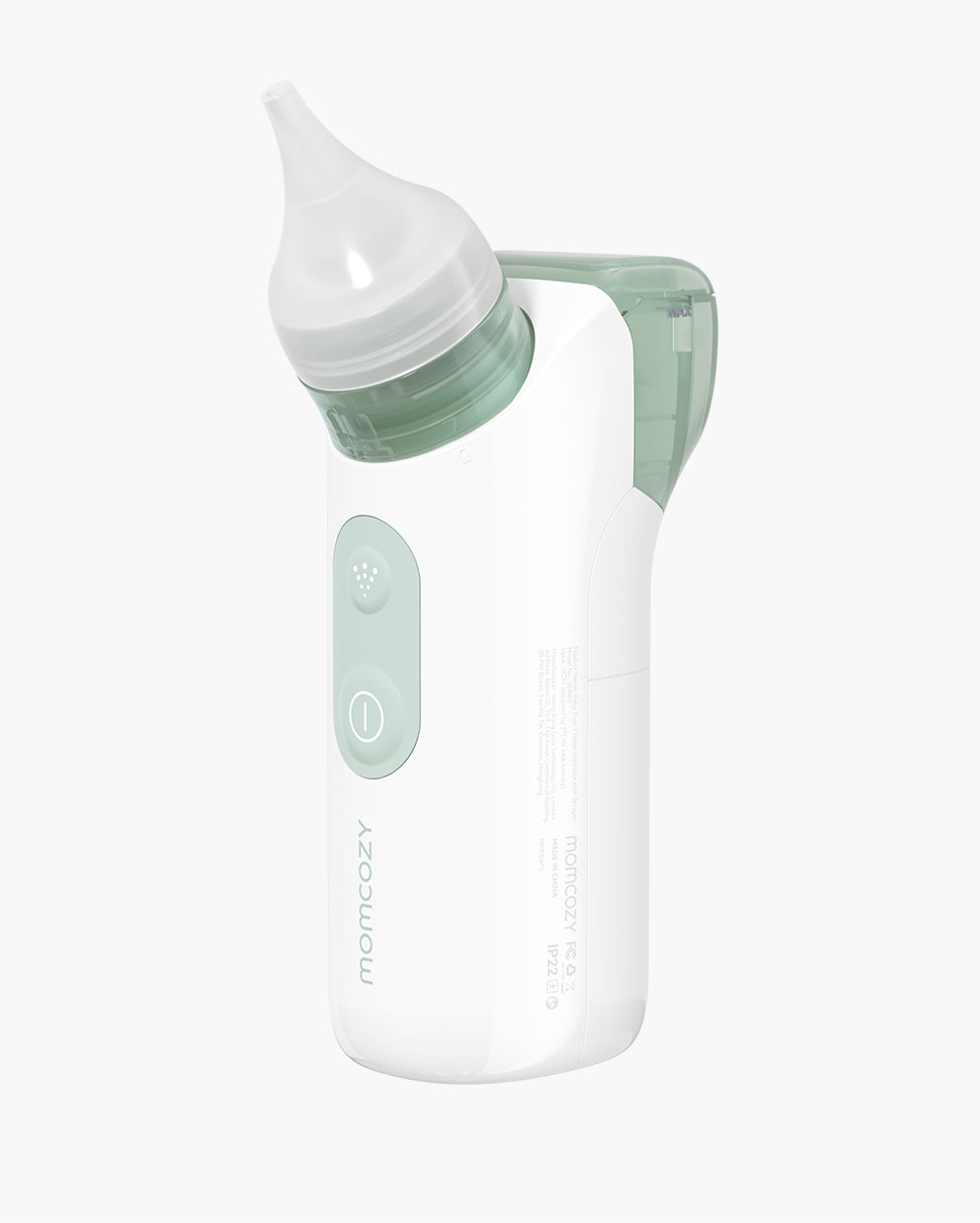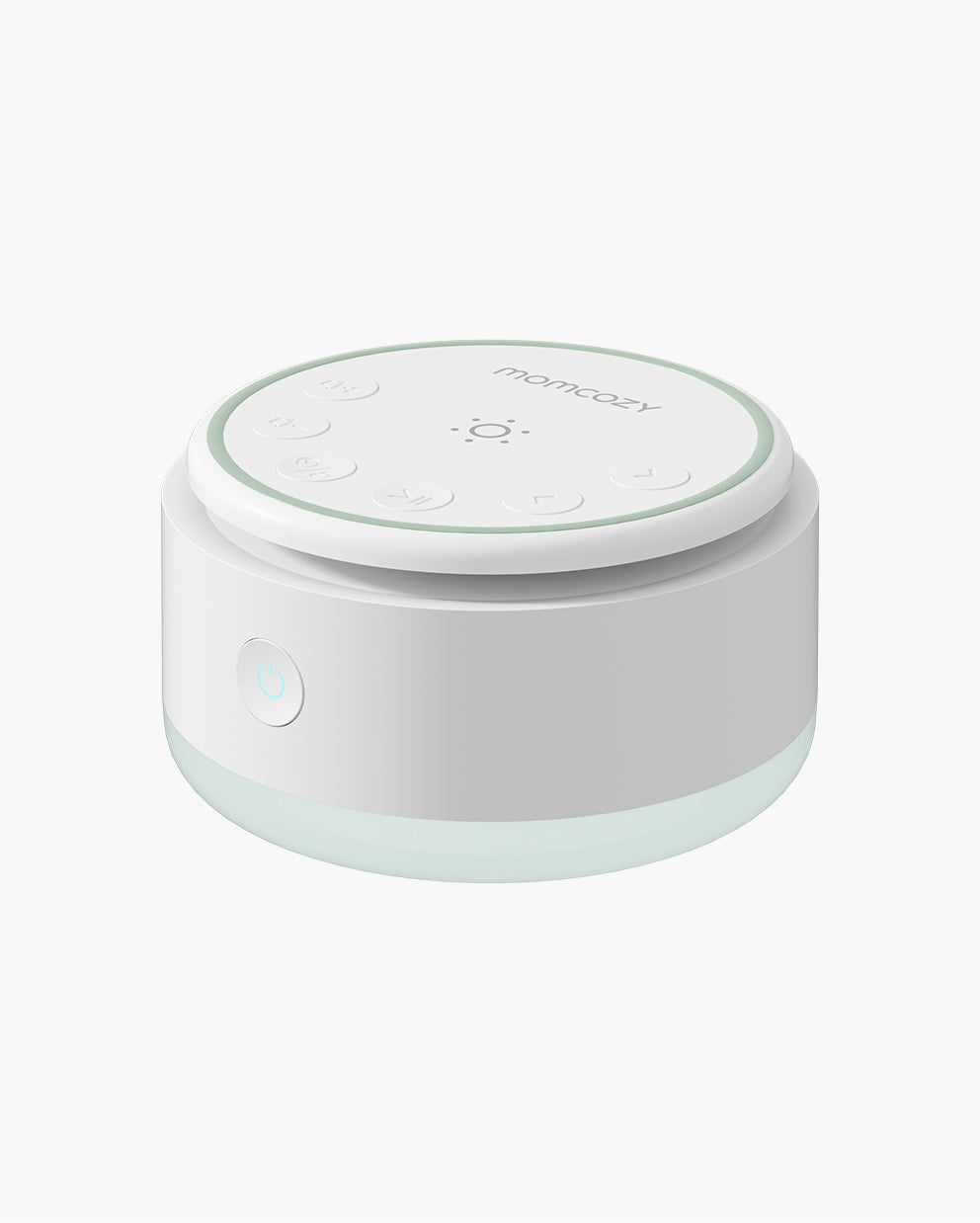Introducing solid foods to newborn angels can get quite overwhelming for first-time parents. Babies are precious little beings, and their health and wellness is the top-most priority that needs to be taken care of properly.
If you are a new mom or dad and are concerned about how to make healthy solid foods for your little baby, this is the right place for you. The transition from breast or formula milk to mushy delicious solids for infants can be bewildering for first-time parents. So, you are most likely thinking about things like – when to introduce eatables? Or how to make healthy and tasty food for the little one? Is the food well-cooked and fit to eat?
Worry not, we are here to help you out. This guide deals with everything you need to know about introducing solid eatables to babies, along with some essential do’s and don’ts; amazing parenting hacks, quick meal prep ideas, and much more! Let’s get started.
First things first, you need to know what is the right age for your baby to start introducing solid food. According to the American Academy of Pediatrics, all little cutie pies aged between 6 to 8 months can start eating solid food. Some parents even begin introducing solids to their newborns at 4 months and that is completely fine too!
However, we recommend that you begin with simply mashed one-ingredient purees or thin fruit slices and then slowly introduce the babies to mixed food textures. Also, make sure that all the ingredients are jam-packed with energy and nutrition to ensure the health of your infant.
Here is an incredible parenting hack for you – invest in a baby food maker to make delicious and healthy snacks for your little one. It will transform your life and keep the tummy of your sweet baby healthy and happy.

DOs and DON’Ts of cooking baby’s food:
DO start with simpler ingredients
When you are just introducing solid food to your little angel, always begin with simple one-ingredient purees, mashed vegetables, or fruits. Gradually introduce them to mixed food combinations. Refrain from giving them excessive sugary or salty items, carbonated drinks, and tinned or bakery products. Why is this so? In essence, babies have sensitive digestive systems that CAN NOT tolerate harsh foods.
To cook healthy purees at home or to mash vegetables and fruits within the blink of an eye, get your hands on a baby food processor. This way you will know EXACTLY what your baby is eating and you can introduce them to healthy and tasty flavors. For busy parents, this product is literally a lifesaver!
DON’T give foods that can make your baby choke (be vigilant!)
This is the MOST important part. Please never give any big chunks of hard vegetables or fruits to infants. Why? Because these pieces can choke the baby. For little humans aged between 4 to 10 months, we always recommend giving them pureed food items. In addition to this, you can also introduce them to mashed vegetables or fruits, iron-fortified cereal, ripe bananas, cooked and mashed sweet potatoes, etc.
DO invest in a baby food processor
If you are a new mom or dad and parenting an infant for the very first time, do yourself a favor and invest in a baby food steamer ASAP. This will make your life easy in unimaginable ways. You can prepare numerous solid foods quickly and efficiently.
Plus, by prepping meals at home, you can control the quality of the food consumed. In essence, your baby will have delicious healthy snacks. The best part? Preparing food in a baby food maker is as easy as a pie. It leaves no smaller chunks and so there are no choking hazards for your precious angel.

DON’T offer foods with a very thick consistency
Some parents tend to make this common mistake while giving complimentary food to their infants. They don’t check the consistency which can prove to be difficult to consume when it comes to the little child.
TIP: Use a very thin semi-solid consistency when introducing food to babies.
DO mix and match different ingredients to fulfill the nutritional needs of the baby
To maintain the health and well-being of babies and toddlers, it is essential to give them a balanced diet filled with nutrients and vitamins. The five super healthy food groups are;
- Vegetables;
- Fruits;
- Grains;
- Dairy items;
- Protein
Mix and match different food groups to give your child a balanced diet. Furthermore, having combined nutrients nourish the infants and play an integral role in their growth and development.

DON’T give commercial or artificial products
We cannot emphasize this enough!
Please avoid giving commercial or artificial food products to your baby. The chemicals, artificial flavors, and sweeteners used in such food items can prove to be harmful to little one’s health.
TIP: Home-cooked meals are beneficial for the wellness of infants.
DO add vegetables and fruits
Vegetables and fruits are jam-packed with nutritious vitamins, minerals, and fibers. Introducing these eatables in thin consistency from an early age ensures the health of the baby. They boost little ones’ immune systems, improve digestion, and elevate their energy levels.
In addition to this, vegetables and fruits also make babies stronger and reduce their risk of developing infections. They are enriched in Vitamin C and folic acid, both of which are essential for the growth and development of the baby.
DON’T introduce adult meals prematurely to your baby
Naturally, the digestive system of babies is sensitive in comparison to adults. Please don’t give them adult meals before the age of 1 year. Offering hard foods, such as nuts and kennels; is also not recommended. This can lead to choking hazards and even allergies. Premature introduction of adult foods in babies leads to digestive issues.
Hope the above guide on how to introduce solid food to babies proves to be helpful for you. Feel free to discover our baby food maker! It is ideal for busy parents who wish to cook healthy meals for their children.








Leave a comment
This site is protected by hCaptcha and the hCaptcha Privacy Policy and Terms of Service apply.